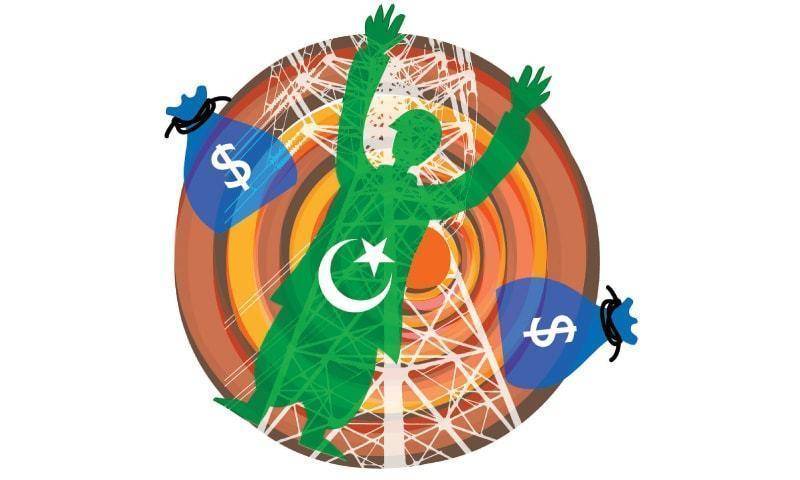Senator Saif ur-Rehman, head of Pakistan’s economic watchdog committee, describes the controversy surrounding independent power producers (IPPs) as a global exploitation. He claims that Pakistan is burdened with unmanageable electricity bills due to contracts forged by a corrupt administration, necessitating their renegotiation. However, IPPs, backed by banks, private investors, and international agencies, warn that rash actions against these contracts could irreparably harm Pakistan’s reputation and deter essential aid and investment.
### Origins of the Controversy
The dispute originates from the policies of former Prime Minister Benazir Bhutto. Under her 1994 energy policy, 19 IPPs were permitted to operate. The state-owned Water & Power Development Authority (WAPDA) was obligated to purchase most of their output at rates deemed excessively high by the current government.
Bhutto’s administration aimed to boost the power supply to stimulate industrial growth, offering generous incentives to attract investors. However, critics argue that she failed to consider the long-term financial implications of these policies. The IPPs, funded by international donors like the World Bank and Asian Development Bank, received sovereign guarantees from the Bhutto government.
### Government’s Position
Prime Minister Nawaz Sharif’s government alleges corruption in the previous administration, claiming it received payments from IPPs for favorable agreements. Sharif asserts that the projected power demand was significantly overestimated, leading to unnecessary agreements for excessive power capacity.
Sharif has threatened legal action against IPPs if bribery is proven. He insists that nine IPPs reduce their tariffs by 25-30%. A recent Lahore court ruling compelled Hub Power Company (Hubco) to cut its tariffs by over 50%, causing distress in the local stock exchange.
### Financial Implications
WAPDA faces a significant financial burden, with payments to IPPs projected to escalate from $1,656 million in 1998 to $3,404 million by 2001. Sharif argues that these funds could be better utilized for national development.
The government plans to restructure WAPDA, creating the Pakistan Electric Power Company (Pepco) to oversee new generation and distribution entities. Additionally, it seeks a $500 million loan from the World Bank and Asian Development Bank for this restructuring, contingent on resolving disputes with IPPs.
### IPPs’ Response
IPPs argue they cannot independently reduce tariffs due to their international financing structure. They suggest that the government should increase WAPDA’s power purchase percentage and reduce furnace oil prices. Extending loan repayment terms from 10 to 15-20 years could also lower tariffs.
IPPs maintain that the original agreements, which were designed by the government to attract investment, must be honored. Any breach could result in legal action, with Siemens Project Ventures and other investors prepared to defend their contracts in international courts.
### Wider Economic Impact
The IPP controversy threatens broader economic implications. International investors are wary of the stock market, and future build-own-transfer (BOT) projects are jeopardized. The potential cancellation of agreements could severely deter future investments.
In conclusion, while the Pakistani government seeks to renegotiate power agreements to address financial concerns, it risks long-term damage to its investment climate. A balanced approach, recognizing the binding nature of international contracts and the need for financial prudence, is essential to navigate this complex issue.
